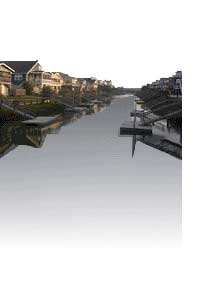Trade and Industry
Roman was rich. Farming Flourished, and from mines came gold, silver,
lead, iron ore and other minerals. Romans found the weather cold, but in many other ways Britain was profitable and pleasing.
Under Roman rule, trade and industry developed. This in turn brought a rapid growth of towns.
Between three and four million people lived in Roman Britain, mostly in the countryside. Only about 250,000
people were town – dwellers.
The Romans had heard that Britain’s farmland was fertile and that the land was rich in cattle, hides,
grain, metals, slaves and hunting dogs. Under Roman rule, Britain’s farmers produced even more food than before. But
the Romans brought in other foods that they were used to. Wine came from Italy, Spain and Germany, and olive oil and fish
sauce from Spain. They were stored in large jugs called amphorae.
http://www.lore-and-saga.co.uk/assets/images/tools.JPG
All goods from abroad came by ship. Most of Britain’s trade was across the channel with Gaul. Roman
soldiers wanted Roman goods, but when Britons joined the army, this demand fell.
More industry, with new roads, public buildings and houses, made more work for stonemasons, tilers, carpenters
and plumbers, and needed extra raw materials.
Gold came from the Dolaucothi mine in Wales. Lead and tin (which together make pewter, a metal used for
pots and beakers) came from mines in the West and the North. Builders burnt limestone and chalk in kilns to make mortar and
plaster, and smiths burned Charcoal (charred wood) to smelt iron for tools, weapons and armour. Millers ground grain in watermills.
Trees were cut down to use as wood for fuels. British craftsmen made lots of cheap pottery and some glass, but most quality
tableware and drinking glasses came from overseas. Britain was also famous for its textiles, especially woollen cloaks.
